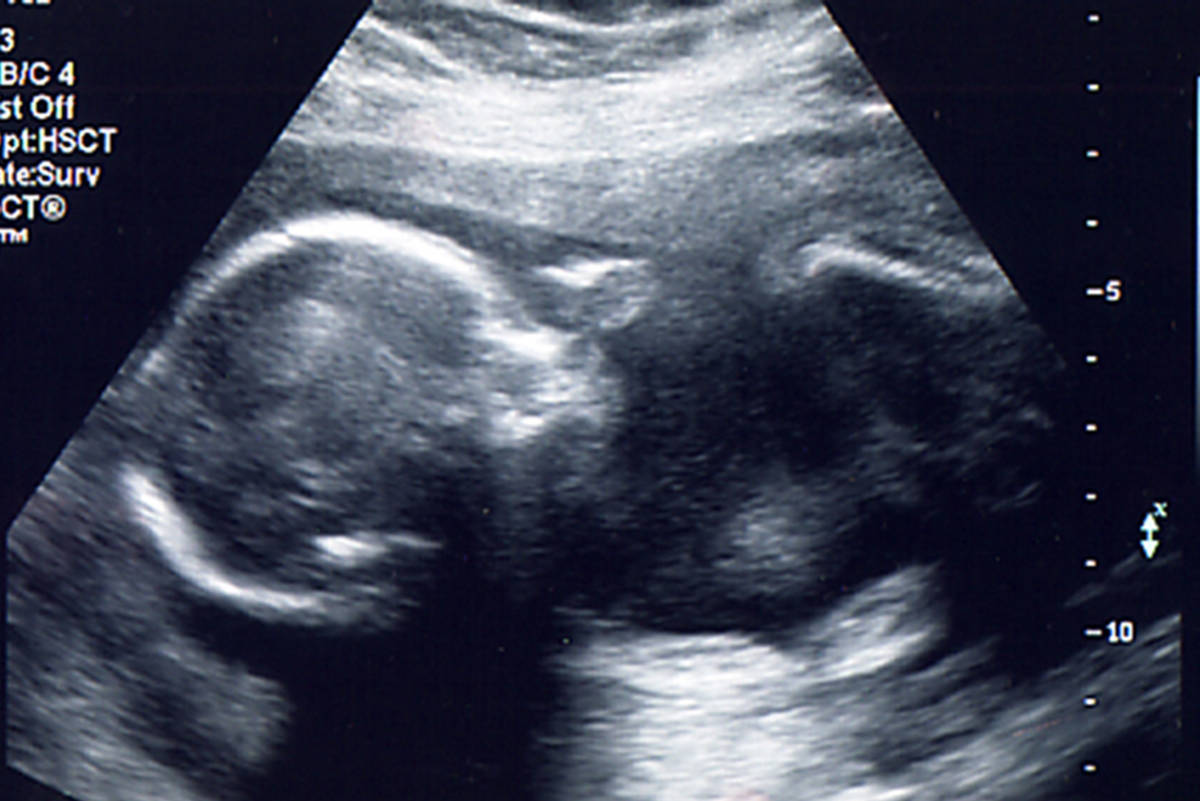Birthright tourism and the federal laws that allow it have drawn a divide among Canadians, according to a new poll.
The nationwide survey results, released Thursday from the Angus Reid Institute, suggest 60 per cent of Canadians believe birthright citizenship goes too far, and needs to be reviewed.
Any baby born on Canadian soil is automatically granted citizenship. This includes babies whose parents are in the country as tourists or do not have any ties to Canada – roughly 64 per cent of respondents don’t think that should happen.
Forty per cent of respondents said they believe birthright citizenship is a good policy, compared to 33 per cent who believe it is a bad one.
A vast majority, or 92 per cent, said citizenship should be granted if both parents are permanent residents, and 82 per cent agreed if one parent was a Canadian citizen.
READ MORE: Feds studying birth tourism as new data shows higher non-resident birth rates
As parents’ ties to Canada start to thin, fewer respondents were on board with the legislation.
If one parent is in Canada on a work visa, 55 per cent believe a baby born here should be a Canadian citizen. That drops to 40 per cent if both parents are in the country on student visas, and to 24 per cent if both parents are visiting on a tourist visa.
Advocates have sounded the alarm in recent years about parents only coming to Canada to give birth so their child gets citizenship, and then returning home a short time later.
Taxpayers do not pay for non-resident births, but a 2018 report by the Canadian Institute for Health Information found more than 3,200 babies were born to non-Canadian residents in 2016.
Birth tourism has been a hot-button issue especially in Richmond in B.C.’s Lower Mainland, where roughly 20 per cent of all births are by a non-citizen mother.
The Trudeau government has defended the current law against Conservatives’ arguments that Canada should modify birthright citizenship laws similar to what’s happened in the United Kingdom, Australia, India and other countries.



